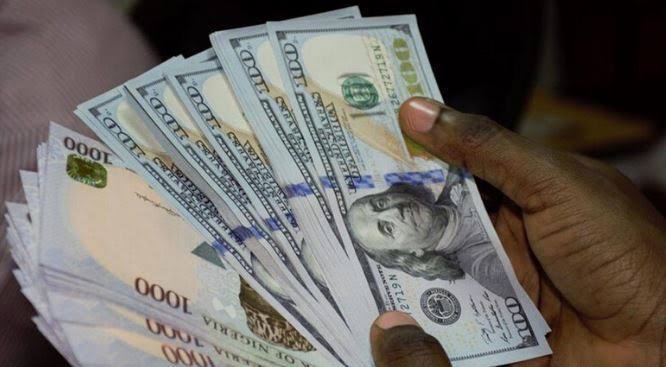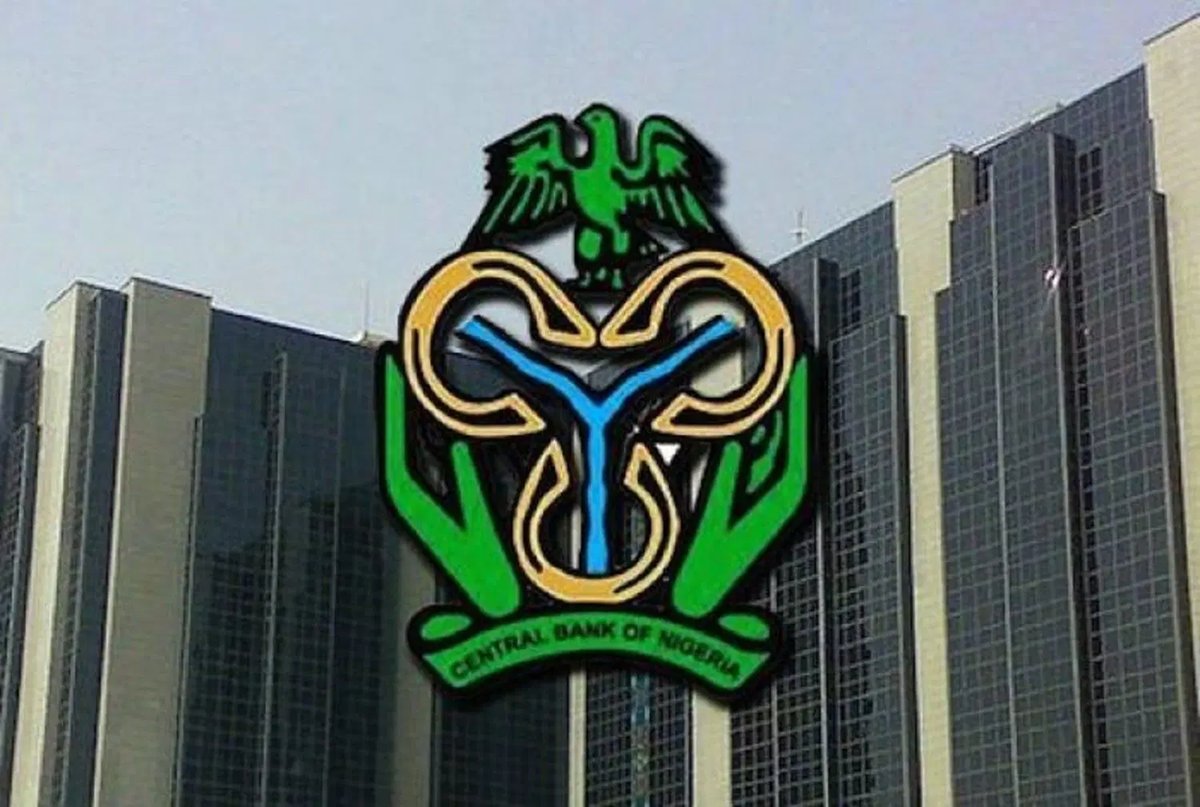The Central Bank of Nigeria (CBN) has extended the temporary authorisation given to Bureau de Change (BDCs) operators to buy foreign currency from the Nigerian Foreign Exchange Market until May 30, 2025.
The Trade and Exchange Department of the apex bank announced this extension in a circular on Monday, permitting BDCs to keep buying foreign exchange from approved dealers on the current terms.
The circular, which was signed by Dr. W. J. Kanya, the acting Director of the Trade & Exchange Department, and referenced TED/FEM/PUB/FPC/001/003, made reference to a previous directive, TED/FEM/PUB/FPC/001/030, that was issued on December 19, 2024.
With a weekly cap of $25,000, the prior circular had temporarily allowed current BDCs to procure foreign currency from licensed dealers.
Originally scheduled to expire on January 31, 2025, the directive has been extended to May 30, 2025, a further four months later.
According to the CBN, every other term and condition mentioned in the earlier circular is still in effect.
The extension demonstrates the bank’s dedication to preserving a fully operational foreign exchange market, guaranteeing liquidity, and meeting consumer demand for qualified invisible transactions.
It further stated that to control price volatility, it would keep on supplying liquidity when needed.

According to the circular, “We refer to our circular TED/FEM/PUB/FPC/001/030 dated December 19, 2024, which gave existing BDCs temporary access to the NFEM for the purchase of FX from Authorised dealers, subject to a weekly cap of USD25,000.00.
“The January 31, 2025, expiration date that was granted in the circular mentioned above has been extended to May 30, 2025. Every other clause in the circular described above is still in effect.
“To control price volatility, the CBN will continue to supply liquidity when needed and is dedicated to maintaining a fully operational foreign exchange market.”
At the time of the decision, the nation’s foreign exchange reserves are rapidly declining.
January 2025 saw a sharp reduction in Nigeria’s foreign exchange reserves, which fell by $1.11 billion during the month.
The country’s reserves were $40.88 billion on January 2 but had dropped to $39.77 billion on January 30, according to CBN data.
This amounts to a 2.72 per cent drop in just one month.
The CBN’s continuous operations in the foreign exchange market, external debt servicing commitments, and capital outflows are the causes of the reserve decrease.
Even though the naira saw a sharp increase in value in the same month, the CBN may have used some of its foreign exchange reserves to stabilise the local currency and control liquidity in the official market, based on the decline in reserves.
The goal of the apex bank’s continuous access to forex is to improve market liquidity at the retail level and guarantee that BDCs can satisfy the demand for both personal and business-related transactions.
The CBN has taken several actions in the last year to control access to foreign exchange and stop speculation, such as tighter regulation of BDC activities, enforcement of regulatory compliance, and exchange rate unification reforms.
The most recent extension suggests a methodical strategy for controlling foreign exchange demand while preserving market stability.


 Trending
Trending 